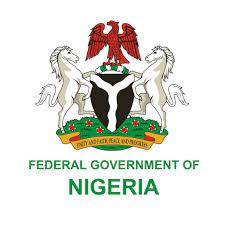The Federal Government of Nigeria experienced a significant surge in deficit spending in 2023, recording a year-on-year increase of 52.9 percent, soaring to N12.86 trillion from N8.41 trillion in 2022. This remarkable rise in deficit spending was primarily propelled by a substantial 40.6 percent increase in expenditure, which effectively mitigated the impact of a 20 percent rise in revenue during the same period.
An analysis base on data from the Central Bank of Nigeria’s Quarterly Economic Statistical Bulletin Tables for 2023, revealed that the Federal Government’s retained revenue climbed to N5.96 trillion in 2023, marking a notable 20 percent uptick from N4.97 trillion in 2022. In parallel, expenditure surged to N18.83 trillion in 2023, reflecting a significant 20.5 percent year-on-year increase from N13.39 trillion recorded in 2022.
The highest level of deficit spending, reaching N1.68 trillion, was recorded by the Federal Government in March 2023. This escalation in deficit spending comes in the context of Former President Muhammadu Buhari’s signing of the 2023 Appropriation Bill into law on January 3, 2023. The budget, totaling N21.83 trillion, was formulated based on projected revenue of N10.49 trillion, leaving an anticipated deficit of N11.34 trillion. However, the actual deficit spending for the year, as indicated by the CBN’s data, surpassed the budget deficit by 13 percent.
This substantial increase in deficit spending underscores the challenges faced by the Federal Government in balancing its fiscal obligations amid evolving economic conditions. Despite efforts to boost revenue generation, the surge in expenditure highlights the necessity for prudent financial management strategies to navigate the fiscal landscape effectively.















